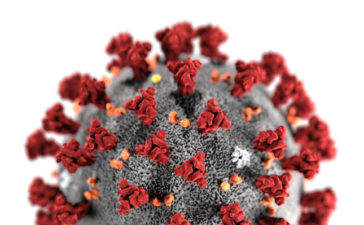Researchers, including one of Indian-origin, have found a gene that acts as a direct link between illness and the need for more sleep.
In a study of over 12,000 lines of fruit flies, researchers from the University of Pennsylvania in the US found the single gene, called nemuri, that increases the need for sleep.

The nemuri protein fights germs with its inherent antimicrobial activity and it is secreted by cells in the brain to drive prolonged, deep sleep after an infection.
“While it’s a common notion that sleep and healing are tightly related, our study directly links sleep to the immune system and provides a potential explanation for how sleep increases during sickness,” said Amita Sehgal, Professor at the varsity.
Without the nemuri gene, flies were more easily aroused during daily sleep, and their acute need for an increase in sleep — induced by sleep deprivation or infection — was reduced.

On the other hand, sleep deprivation, which increases the need for sleep, and to some extent infection, stimulated nemuri to be expressed in a small set of fly neurons nestled close to a known sleep-promoting structure in the brain.
Over expression of nemuri increased sleep in bacteria-infected flies and led to their increased survival compared to non-infected control flies.
In response to infection, nemuri appears to kill microbes, most likely in the peripheral parts of the fruit fly body, and increases sleep through its action in the brain.

Moreover, the researchers, in the study published in the journal Science, noted that an immune cell molecule — interleukin-1 (IL-1) — is implicated in human sleep.
IL-1 accumulates after prolonged wakefulness and appears to promote sleep, suggesting that nemuri is a working link between immune function and sleep.





